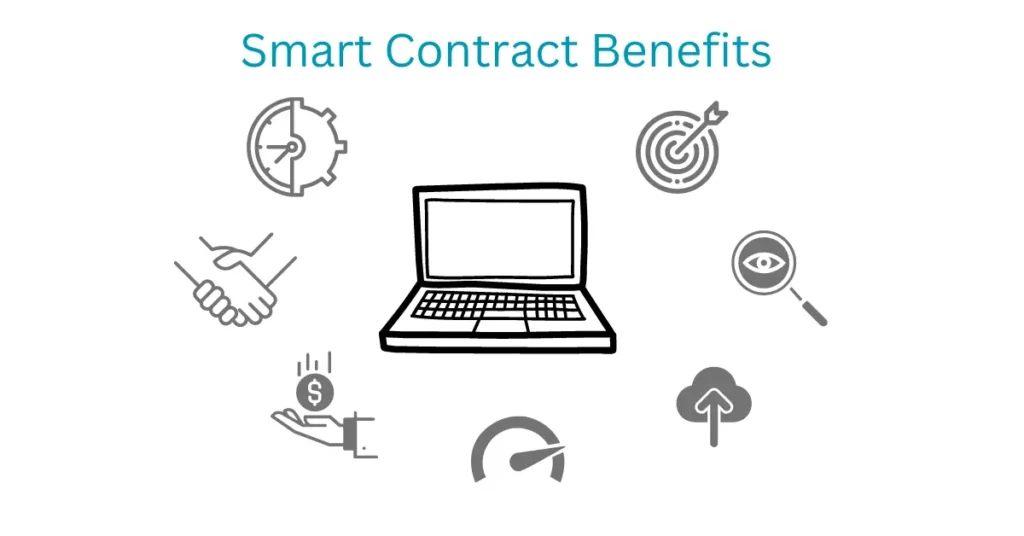Blockchain technology, often associated with cryptocurrencies like Bitcoin, is a decentralized digital ledger system that records transactions across multiple computers securely and transparently. While blockchain’s potential is most recognized in finance, its features can significantly contribute to sustainability efforts. In an era where environmental and social responsibility are paramount, leveraging features of blockchain can drive significant advancements in sustainable practices.
Transparency and Traceability
Enhanced Supply Chain Transparency
One of the critical challenges in sustainability is ensuring that products are sourced and produced ethically. Blockchain’s transparency can transform supply chains by providing a verifiable record of each step a product takes from origin to consumer. For instance, in the food industry, blockchain can track crops from farms to grocery stores, ensuring that sustainable practices are followed at every stage. This transparency builds consumer trust and promotes ethical sourcing.
Improved Accountability
Blockchain’s immutable nature ensures that once data is recorded, it cannot be altered or deleted. This feature is crucial for holding companies accountable to their sustainability commitments. By creating permanent records of environmental practices, businesses can demonstrate their adherence to regulations and standards. Consumers and regulatory bodies can rely on these records, leading to increased accountability and better enforcement of sustainability policies.
Decentralization
Reduced Reliance on Intermediaries
Decentralization, a core principle of blockchain, reduces the need for intermediaries in transactions. This reduction can lower energy consumption and emissions associated with traditional, centralized systems. For example, in energy markets, blockchain can facilitate direct peer-to-peer energy trading, enabling consumers to buy and sell renewable energy directly from each other. This system promotes the use of green energy and reduces the carbon footprint of energy transactions.
Empowering Local Communities
Blockchain can empower local communities by decentralizing energy grids. Local renewable energy projects can leverage blockchain to create community-based energy trading systems, enhancing energy access and sustainability. A notable example is the Brooklyn Microgrid, where residents trade solar energy using blockchain, fostering a sustainable and resilient energy system at the local level.
Smart Contracts
Automated Compliance
Smart contracts are self-executing contracts with the terms of the agreement directly written into code. These can automate compliance with environmental regulations, ensuring that businesses adhere to standards without manual intervention. For instance, a smart contract can automatically release funds only when a company meets specific sustainability criteria, reducing administrative costs and human error.
Efficient Resource Management
Smart contracts can optimize resource management by automating processes and ensuring efficient usage. In water management, for example, smart contracts can regulate water distribution based on real-time data, ensuring that resources are used efficiently and sustainably. Similarly, waste reduction initiatives can benefit from automated tracking and management through smart contracts.
Tokenization
Incentivizing Sustainable Practices
Blockchain enables the creation of tokens, which can be used to incentivize sustainable behaviors. Companies and governments can reward individuals and businesses for adopting eco-friendly practices, such as reducing carbon footprints or recycling, by issuing tokens that hold real value. Additionally, token sales can fund green projects, allowing broader participation in sustainability initiatives.
Creating Digital Ecosystems for Sustainability
Tokenization can create digital ecosystems that facilitate and reward sustainable living. Platforms can be developed where users earn tokens for activities like using public transport, conserving energy, or participating in community clean-ups. These tokens can be exchanged for goods, services, or discounts, fostering a culture of sustainability.
Data Security and Integrity
Reliable Environmental Data
Blockchain’s secure nature ensures the reliability of environmental data. Accurate data is crucial for research, policy-making, and tracking progress towards sustainability goals. Blockchain can provide a tamper-proof system for recording environmental data, ensuring its integrity and usefulness for long-term sustainability planning.
Protected Personal and Corporate Data
In sustainability projects, protecting sensitive information is essential. Blockchain offers robust security measures, safeguarding personal and corporate data from breaches. This protection is vital for maintaining trust and encouraging participation in sustainability initiatives.
Conclusion
Blockchain technology offers powerful tools to support sustainability efforts. Its features of transparency, traceability, decentralization, smart contracts, tokenization, and data security can drive significant advancements in sustainable practices. As blockchain continues to evolve, its potential to contribute to a sustainable future grows. Stakeholders across industries should consider integrating blockchain into their sustainability strategies to leverage these benefits and drive meaningful change.
FAQs
Q1: How does blockchain improve transparency in supply chains?
A: Blockchain provides a verifiable and immutable record of each step in the supply chain, ensuring ethical sourcing and building consumer trust.
Q2: What are smart contracts, and how do they support sustainability?
A: Smart contracts are self-executing contracts with coded terms. They automate compliance with environmental regulations and optimize resource management, reducing costs and human error.
Q3: How can tokenization incentivize sustainable practices?
A: Tokens can reward eco-friendly behaviors and fund green projects, creating digital ecosystems that promote and facilitate sustainable living.
Also Read : The Future of Fitness: How Wearable Sports Tech is Changing the Game 2024
For more info please visit here

1 thought on “How can features of Blockchain support Sustainability efforts 2024?”